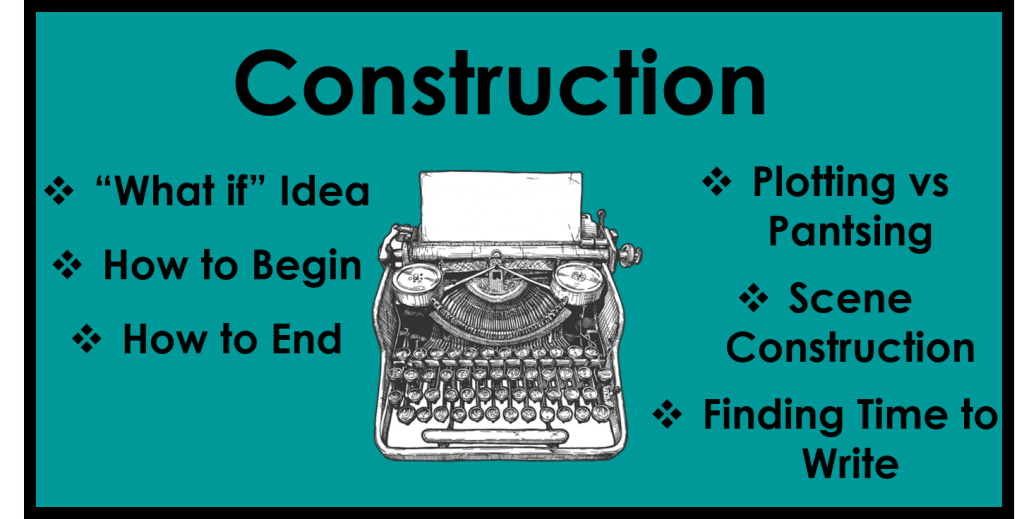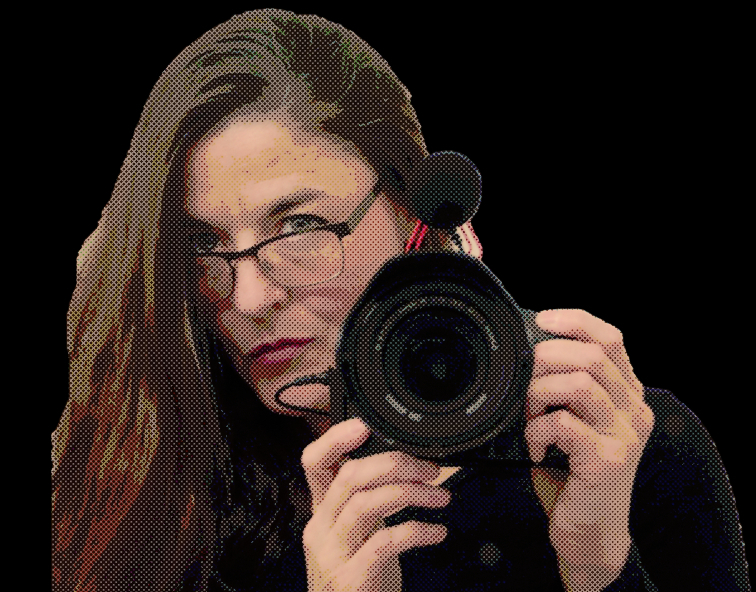

5 Ways to Tell If You Have a Good Idea for a Book
Every story starts with a “what if” idea: What if a teen girl with chronic depression woke up one day with psychic powers? What if Germany had won World War II (…you see this one a lot)? What if we found out aliens had been secretly colonizing Mars for hundreds of years? What if a young boy with two progressive dads and thick glasses moved to the Deep South? What if I lightly fictionalized my own life story (…I wouldn’t advise this one, tho—most authors overestimate how interesting their lives are to other people)?…[keep reading]

What You Absolutely Need To Know Before You Start Writing
In my last article, I discussed how authors often fall into the trap of obsessing over irrelevant character details at the expense of info that matters. You don’t need to know everything about a character, only certain critical details: desires, strengths, and weaknesses. The same holds true for starting a story: you don’t need to know everything, only certain things…but you NEED to know those key things…[keep reading]

9 Steps to Start Your Story
Let’s say you’ve confirmed your what-if idea is worth expanding into a whole story. Yay!
Now what?
This is where most people get stuck after they decide they want to write a novel. They might write a few pages, or even a few chapters, and then stall out. Part of this is waning interest and competing priorities; writing an entire novel is hard and takes a long time, dammit! If you’re not committed, it’s probably not gonna happen…[keep reading]

The 4 Key Attributes of a Good Ending
There’s honestly not a lot to say about endings except they should be a satisfying conclusion of everything that’s come before—but, of course, that can be harder than it sounds. An exceptionally good ending can elevate a story to greatness (The Usual Suspects, The Shawshank Redemption), or ruin it (Season 8 of Game of Thrones, The Rise of Skywalker for some current examples). To clarify, when I say good ending I mean satisfying, which isn’t necessarily a happy ending…[keep reading]

Plotting versus Pantsing, and 4 Hybrid Options to Plot Out Your Novel
The biggest issue with writing a book is that you need to somehow fill up blank space on a page with words. Specifically, words that form a narrative. Failing to do this means you’ve failed to write a book.
This is ALWAYS, 100% of the time, the reason people try and fail to write a novel.
The problem is it’s quite easy to think a lot about writing a book, and then not put any actual words on a page. In a future post I’ll discuss how to find the time to write, but for now I’ll address the beat before the actual writing, which is to have a plan…[keep reading]

9 Steps to Constructing a Good Scene or Chapter
You know how sometimes you’ll read an entire chapter of a book and think to yourself, “What did I just read?” Or maybe, “What was the point of that?” Well, the reason you’re asking yourself this question is because whoever wrote the chapter didn’t know how to properly construct a scene…or it’s supposed to be some kind of deep literary nonsense, though if that’s the case you’d probably think to yourself “Soooo deep…” while secretly feeling ashamed because you assume you’re too dumb to understand it…[keep reading]

How To Write A Good Fight/Sex Scene
Let’s be honest—the vast majority of fight/sex scenes in Hollywood and literature only exist to titillate. Most could be replaced by a sign or sentence that says “And then they have sex,” or “And then they fight.” I lump sex scenes and fight scenes together because the mechanics and purposes of both are very similar…[keep reading]

We Need To Talk About The Darkest Minds and the Importance of Choice
You may have blinked and missed it, but The Darkest Minds movie released in August 2018 is one of the most recent Young Adult (YA) dystopia joints adapted from a popular novel to crash and burn at the box office.
Cue the proclamations from on-high that the YA dystopia genre is dead. DEEEEAAAAD!!
But it’s unfair to blame an entire genre for the failure of an individual movie. While the Han Solo movie also performed below expectations nobody declared science fiction dead, or that thrillers were dead when The Snowman garnered scathing reviews. The Darkest Minds didn’t fail because audiences don’t want YA dystopias, but because it was a bad movie that flunked the basics of Storytelling 101…[keep reading]

4 Steps to Finding Time to Write
You know the saying, “Writers write every day”? Here’s the thing: this isn’t true. The vast majority of successful writers don’t actually write every day; maybe most days, but not every day. Sometimes they get sick, or overwhelmed with family stuff, or go on vacation, or get hit by a car, et cetera. Things come up, life happens.
The real saying should be: “Writers finish.” Successful authors finish projects, period. If you never finish, you’ve effectively done nothing. …Unless you’re writing just for fun, and then none of this advice matters anyway. BTW, good luck with that Cinderella/Batman mashup story told from celebrity shock jock Howard Stern’s point of view! [keep reading]
